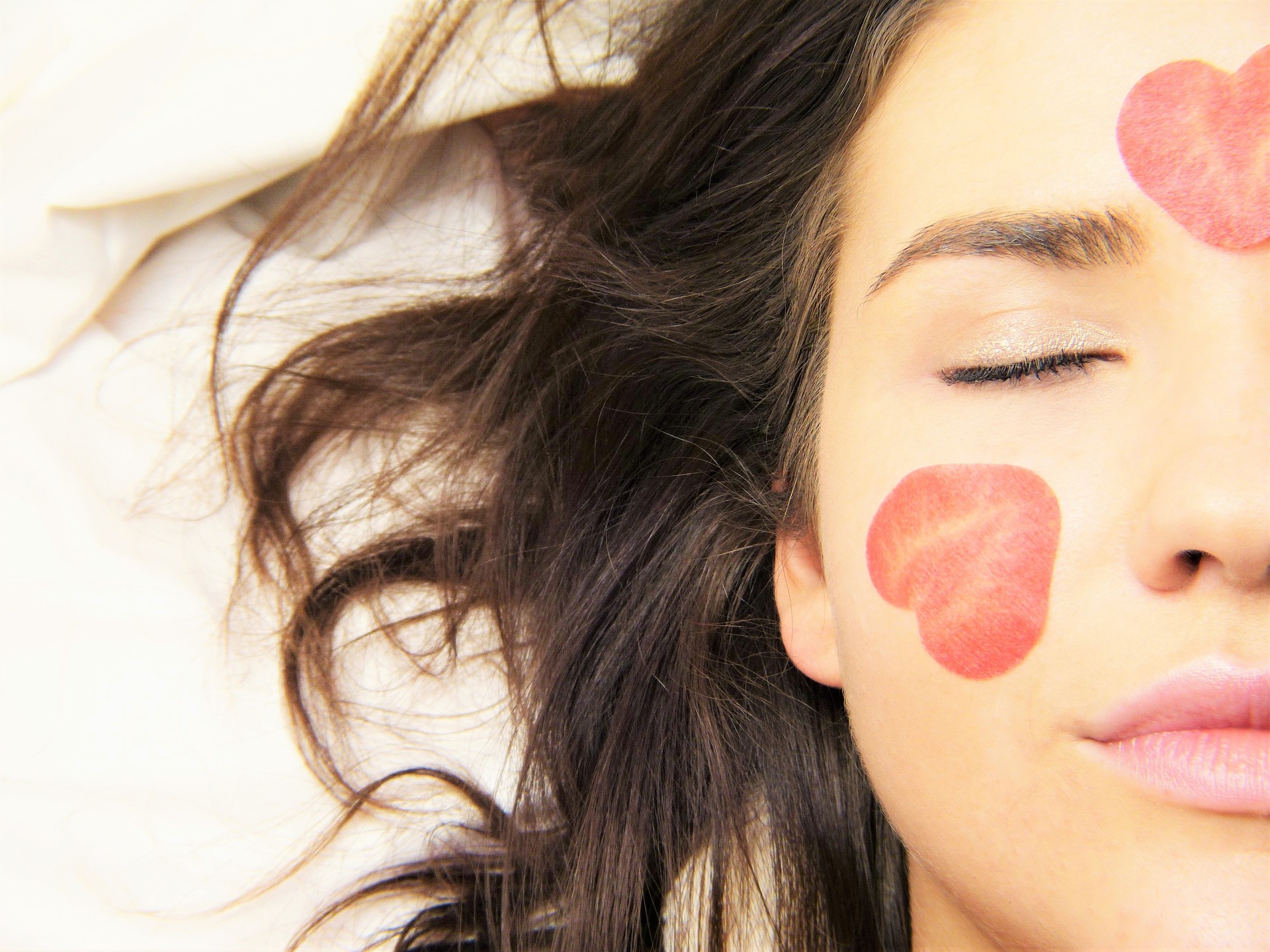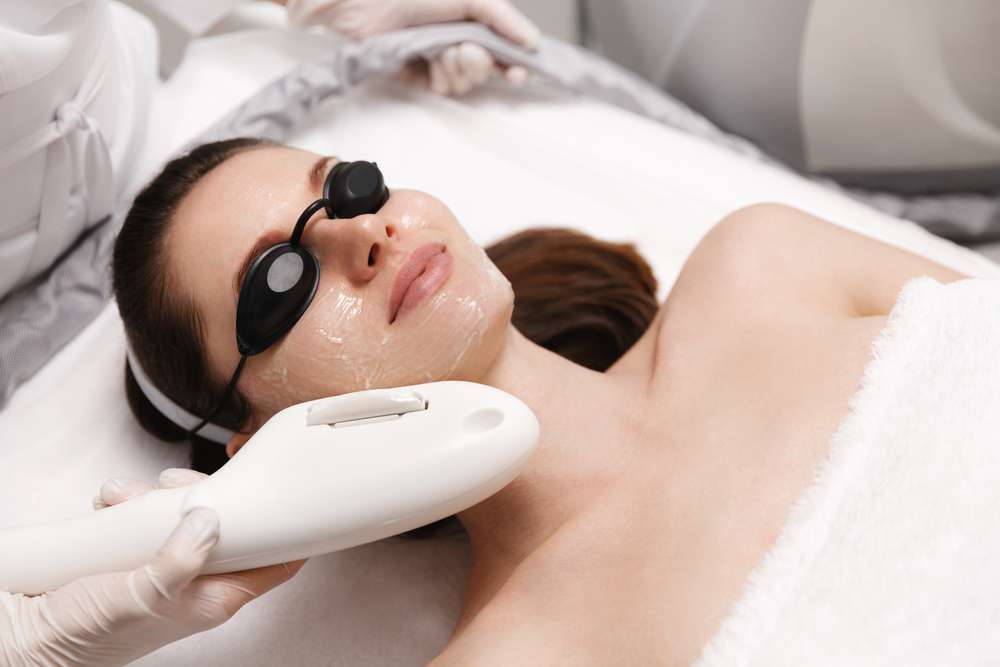Beauty Sleep: The Science Behind Skin's Nighttime Renewal
The concept of "beauty sleep" has long been a part of popular culture, often dismissed as mere folklore or an old wives' tale. However, recent scientific research has shed light on the profound impact that sleep has on our skin's health and appearance. During the night, our bodies undergo a complex series of regenerative processes that are crucial for maintaining youthful, vibrant skin. This nocturnal renewal is not just about getting enough rest; it's a sophisticated biological mechanism that involves hormonal changes, cellular repair, and the body's natural circadian rhythm. Understanding the science behind beauty sleep can revolutionize our approach to skincare and overall wellness.
Research has shown that skin cell regeneration almost doubles at night, peaking between 11 PM and 4 AM. This increased cell production leads to higher skin renewal rates, helping to replace damaged cells with fresh, healthy ones. Additionally, the production of collagen, a protein essential for skin elasticity and firmness, increases during sleep. This nocturnal boost in collagen synthesis contributes significantly to maintaining a youthful appearance and combating signs of aging.
Hormonal Changes During Sleep
Sleep triggers important hormonal changes that directly impact skin health. One of the most significant is the increase in melatonin production. Often referred to as the “sleep hormone,” melatonin is a powerful antioxidant that helps protect the skin from free radical damage. It also aids in the regulation of skin pigmentation, potentially helping to even out skin tone and reduce the appearance of dark spots.
Another crucial hormone that peaks during sleep is human growth hormone (HGH). HGH plays a vital role in skin repair and regeneration. It promotes the production of new skin cells and helps maintain skin thickness and elasticity. The surge in HGH during deep sleep stages is one of the reasons why a good night’s rest can lead to a more youthful and refreshed appearance.
Skin Hydration and Moisture Balance
Sleep also plays a critical role in maintaining the skin’s moisture balance. During the night, the skin’s permeability increases, allowing for better absorption of skincare products. This increased permeability, however, also means that the skin loses more water, a process known as transepidermal water loss (TEWL). Paradoxically, this temporary increase in water loss can be beneficial, as it signals the skin to produce more natural moisturizing factors and lipids to compensate.
To maximize the benefits of this process, it’s essential to use appropriate nighttime skincare products that help lock in moisture and support the skin’s natural barrier function. Ingredients like hyaluronic acid, ceramides, and niacinamide can be particularly effective when applied before bed, as they work in synergy with the skin’s natural nocturnal processes.
The Impact of Sleep Deprivation on Skin
While quality sleep can enhance skin health, lack of sleep can have detrimental effects. Sleep deprivation can lead to increased levels of the stress hormone cortisol, which can break down collagen and accelerate skin aging. It can also disrupt the skin’s barrier function, leading to increased water loss and decreased ability to retain moisture. This can result in a dull, dehydrated complexion and exacerbate various skin conditions such as eczema and acne.
Moreover, insufficient sleep can impair the immune system, making the skin more susceptible to infections and slower to heal from damage. Studies have shown that people who are sleep-deprived tend to have a less even skin tone, more fine lines, and reduced elasticity compared to those who regularly get enough sleep.
Optimizing Sleep for Skin Health
To harness the full potential of beauty sleep, it’s important to focus on both quantity and quality of sleep. Aim for 7-9 hours of uninterrupted sleep per night. Creating a sleep-conducive environment is crucial – a dark, cool room free from electronic devices can significantly improve sleep quality.
Establishing a consistent sleep schedule helps regulate the body’s circadian rhythm, which in turn optimizes the skin’s nightly renewal processes. A relaxing bedtime routine, such as gentle facial massage or meditation, can help reduce stress and prepare the body for restorative sleep.
The Role of Diet in Nocturnal Skin Renewal
What we eat can significantly impact our sleep quality and, consequently, our skin’s nighttime renewal process. Foods rich in tryptophan, such as turkey, eggs, and nuts, can promote better sleep by helping the body produce melatonin. Magnesium-rich foods like leafy greens and whole grains can also improve sleep quality.
Conversely, certain foods and drinks can disrupt sleep patterns. Caffeine, alcohol, and high-sugar foods consumed close to bedtime can interfere with sleep quality and duration, potentially hampering the skin’s nightly regeneration process. Adopting a diet that supports good sleep hygiene can indirectly contribute to healthier, more radiant skin.
Technological Advances in Sleep and Skincare
As our understanding of the relationship between sleep and skin health deepens, new technologies are emerging to help optimize this connection. Sleep tracking devices and apps can provide insights into sleep patterns and quality, helping users make informed decisions about their sleep habits.
In the skincare industry, products designed specifically for nighttime use are becoming more sophisticated. Some incorporate chronobiology – the study of biological rhythms – to time the release of active ingredients to coincide with the skin’s natural repair cycle. Others use encapsulation technology to ensure that ingredients remain stable and are delivered effectively throughout the night.
The Future of Beauty Sleep Research
The field of sleep-related skincare is still evolving, with ongoing research exploring new facets of this complex relationship. Scientists are investigating how different sleep stages affect specific skin functions and how to tailor skincare routines to individual sleep patterns. There’s also growing interest in understanding how sleep quality impacts skin microbiome diversity and function, which could open up new avenues for skincare innovation.
As we continue to unravel the intricate connections between sleep and skin health, it’s clear that beauty sleep is far more than just a catchy phrase. It’s a fundamental aspect of skin health that deserves attention in any comprehensive skincare regimen. By prioritizing good sleep habits and understanding the science behind nocturnal skin renewal, we can tap into one of nature’s most powerful beauty treatments – a good night’s rest.





